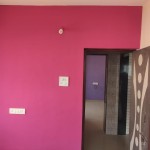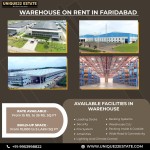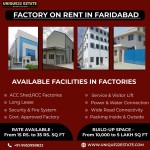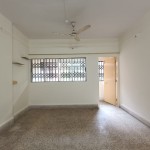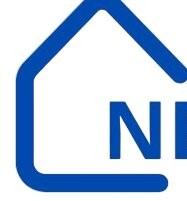
The Pros and Cons of Fixer-Upper Homes: Is It Your Ideal Investment?

The allure of fixer-upper homes is undeniable. The promise of turning a neglected property into your dream home or a profitable investment is exciting. However, before you dive headfirst into a renovation project, it's crucial to weigh the pros and cons. In this blog, we'll explore the advantages and disadvantages of fixer-upper homes to help you make an informed decision.
Pros of Fixer-Upper Homes:
1. Lower Purchase Price:
Fixer-uppers are typically priced lower than move-in-ready homes, making them attractive to budget-conscious buyers.
2. Personalization:
Renovating a fixer-upper allows you to customize the property to your exact preferences, creating a home that suits your taste and lifestyle.
3. Investment Potential:
With the right renovations, you can significantly increase the property's value, potentially earning a substantial return on investment when you decide to sell.
4. Creativity and Satisfaction:
Transforming a run-down property into a beautiful and functional space can be incredibly satisfying. It's an opportunity to showcase your creativity and DIY skills.
5. Less Competition:
Fixer-uppers often have fewer competing buyers, giving you a better chance of securing the property at a favorable price.
Cons of Fixer-Upper Homes:
1. Renovation Costs:
Underestimating renovation costs can lead to budget overruns. It's essential to have a detailed budget and contingency plan in place.
2. Time-Consuming:
Renovating a fixer-upper can be time-consuming. It may take months or even years to complete the project, affecting your living situation.
3. Unforeseen Issues:
Hidden problems may arise during renovation, such as structural issues, plumbing or electrical problems, or hazardous materials like asbestos. These can add unexpected costs and delays.
4. Stress and Challenges:
Dealing with contractors, permits, and the stress of a renovation project can be overwhelming, especially if you have limited experience in home improvement.
5. Opportunity Cost:
The time and effort spent on a fixer-upper may divert your attention from other opportunities or investments.
6. Financing Challenges:
Securing financing for a fixer-upper can be more complex than traditional home loans. You may need specialized renovation loans or cash reserves.
7. Emotional Toll:
Renovating a fixer-upper can be emotionally taxing, as the process can test your patience and resilience.
8. Market Uncertainty:
The real estate market can fluctuate. If property values decline during your renovation, you may not recoup your investment as anticipated.
In conclusion, fixer-upper homes offer exciting possibilities for those willing to put in the time, effort, and resources to transform them into gems. However, they also come with challenges, including budgeting uncertainties and potential stress. Before embarking on a fixer-upper journey, carefully assess your skills, resources, and long-term goals to determine if it's the right investment for you. If done wisely, renovating a fixer-upper can be a rewarding endeavor that provides both financial and personal satisfaction.





